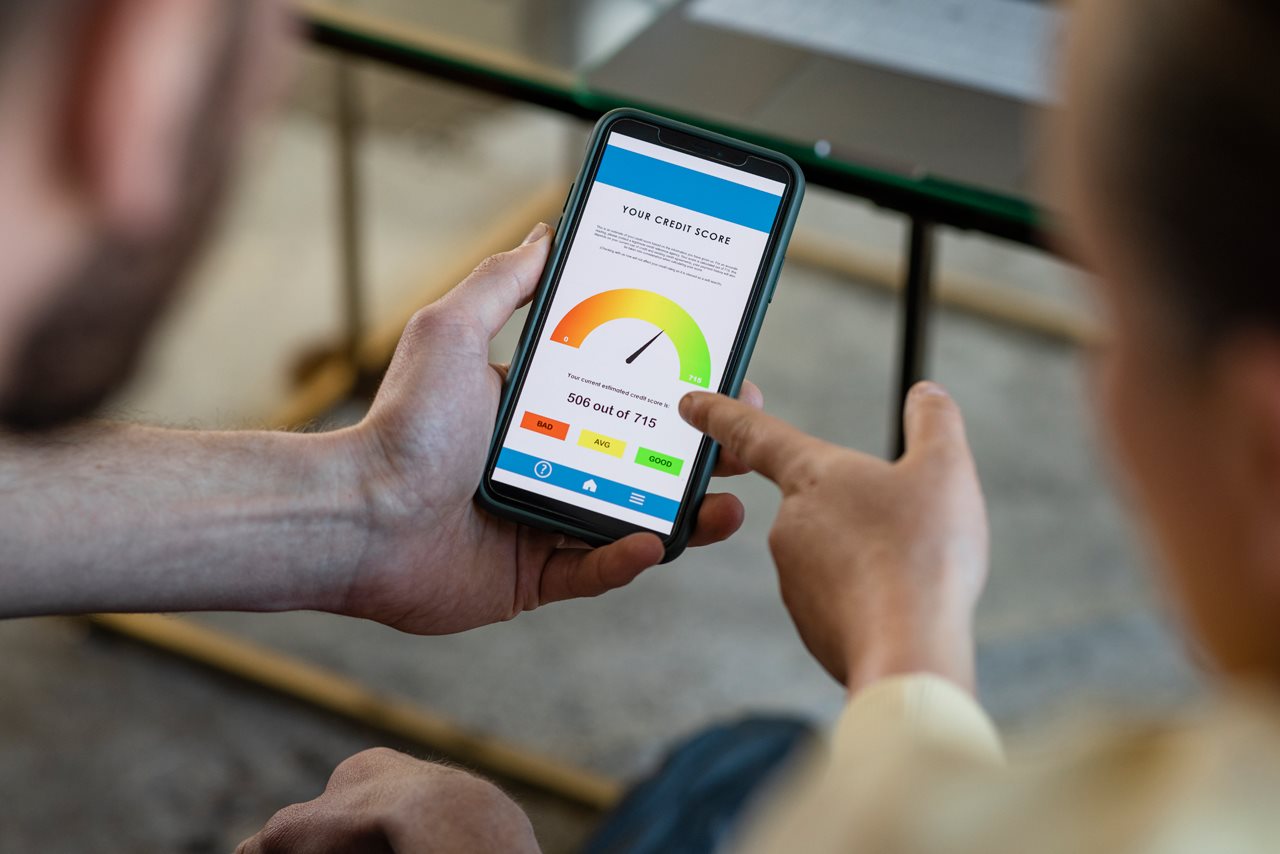(BPT) - Financial skills are some of the most important lessons you can teach your children. It's especially critical to talk with teens and young adults in college who are starting to make decisions that can impact their financial wellness for the rest of their life. And teens want to have this conversation - according to a recent College Ave survey of college students, parents rank as the number one resource where students get their personal finance information.
By teaching your kids good money habits and helping them with key steps like building good credit, you can give them a solid foundation for future financial success. If you haven't already, have these six financial talks and take action to help your child thrive financially now and as an adult.

Budgeting
According to the College Ave survey, only around half of college students (49%) understand how to budget. Even if teens don't have any real expenses, teaching them how to manage money is essential. Start by helping them create a simple budget, even if it's just for their allowance. Because teens love technology, consider budgeting online through an app or via a shared document. Teach kids that making a plan for their money is a priority and soon they'll understand how empowering a budget can be.

Saving
Saving money regularly is a fundamental habit and helps teach them about compound interest and having your money work for you. Consider encouraging your teen to do automatic saving deposits with their paychecks, so it becomes part of their regular financial habits. Savings is also a valuable tool to teach delayed gratification when they save for something they really want over time and then pay for it themselves.

Emergency fund
As your young adult takes on more responsibility, there's bound to be unexpected expenses. To ensure those don't derail their finances, discuss the importance of having an emergency fund. This is money that sits untouched unless there is an urgent expense. Having an emergency fund can reduce stress and helps your child avoid going into debt when things like car repairs, medical bills and other sudden expenses occur.

Building credit history
Building good credit is significant because it sets the stage for future financial success for things like apartment leases, car loans and more. Make sure young adults understand what it means to have good credit and help them get started. One easy way to build credit history is to get the Ambition Card by College Ave. This secured credit card helps college students build their credit history safely and easily without worry about overspending or going into debt. Plus, there's no credit check, interest charges or late fees.

Secured credit cards
How does a secured credit card like the Ambition Card work? Unlike traditional unsecured credit cards, which rely solely on your creditworthiness, secured credit cards require a cash deposit by the parent or child. For example, if you deposit $500, your credit limit would be $500. Use the card to make on-time payments that are reported to the three credit bureaus, which helps build good credit.

Interest
At some point in your child's life, they will have to take out a loan. Having good credit will help them get better terms for interest and repayment, which ultimately will help them save money. Help your kid understand that interest is the cost of borrowing money. Consider sharing your car payment or mortgage statement to show them how the costs break down.
As a parent or caregiver, you want the best for your child. By teaching them about financial wellness, you'll help them succeed throughout life by giving them the confidence to make smart money choices.
Note the Ambition Card is designed to help you build your credit history; however, a variety of factors impact your credit including payment history, utilization, derogatory marks, account age, total number of accounts, and inquiries-not all factors are equally weighted. 0% APR.
Account is subject to a monthly account fee of $2, account fee is waived for the initial six-monthly billing cycles.
College Ave is not a bank. Banking services provided by, and the College Ave Mastercard Charge Card is issued by Evolve Bank & Trust, Member FDIC pursuant to a license from Mastercard International Incorporated.






